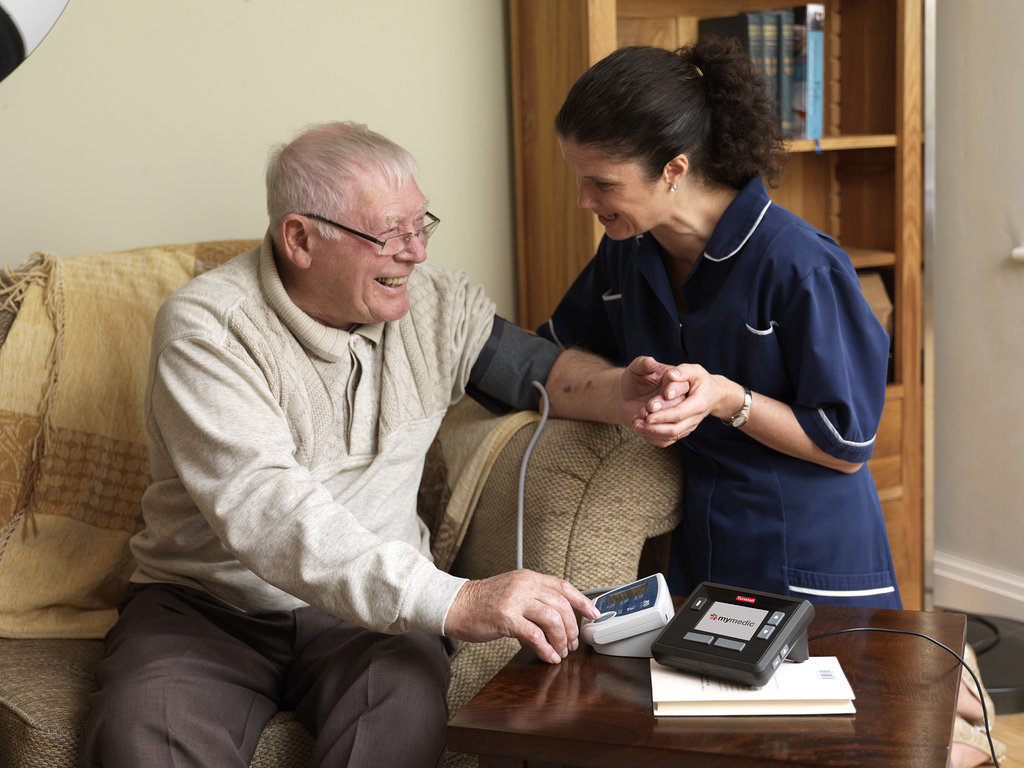Even in the most advanced years, the majority of people would prefer the opportunity to stay in their homes rather than having to relocate to a senior care facility. Yet one of the biggest and most difficult challenges that you might face with elderly or disabled family is to balance your loved one’s desire for independence with their own safety and well being.
In many cases, it is possible for them to remain independent for longer with the help of a few practical modifications around the home.

Help is available from organisations like Age UK, who publish some useful guidance notes that cover several areas of home modification. Here we take a brief look at some of the most important points that you might wish to consider.
Getting in and out of the house
A good place to start is at the front door. How easy is it for someone of limited mobility to get in and out? If there are steps, then a ramp is one of the first modifications that you might think about and could be an essential if you need to consider wheelchair access.
If your elderly relative is not wheelchair bound but finds steps difficult, a good solid handrail can make a real difference. Also, check the quality and functionality of external lighting. Nobody wants to be rooting around in the dark trying to put a key in the lock, least of all a frail pensioner, so look into installing automatic lighting that comes on after dark when it detects motion.
A better bathroom
One of the biggest challenges that the elderly and disabled face when it comes to maintaining their independence concerns their bathroom routine. Being able to use the toilet, bath and shower in safety and privacy is absolutely essential to hold on to their independence, and just importantly, dignity.
Many traditional bathrooms only have a conventional bath, which can present enormous challenges for the elderly or infirm when it comes to stepping in and out, particularly onto a potentially wet and slippery surface. It is well worth checking with a company like Better Bathrooms that has a wide range of shower cubicles and even walk-in baths that are perfect for those with limited mobility.
There are also plenty of accessories that can add the finishing touches and make things even easier, such as grab handles and raised toilet seats. In many cases, these are available free of charge from your local social services, so there is really no excuse not to.
In the kitchen
The second most problematic location for the elderly is the kitchen. Of course, an ability to at least prepare basic meals and to boil a kettle in safety are essential prerequisites to remaining independent.
There is a wide variety of great gadgets that can revolutionise life in the kitchen for your elderly family members, such as one handed graters and kettle tippers that allow them to perform tasks like preparing vegetables and boiling water in safety.
We will all be old one day, and innovations like these make a real difference to people’s lives.